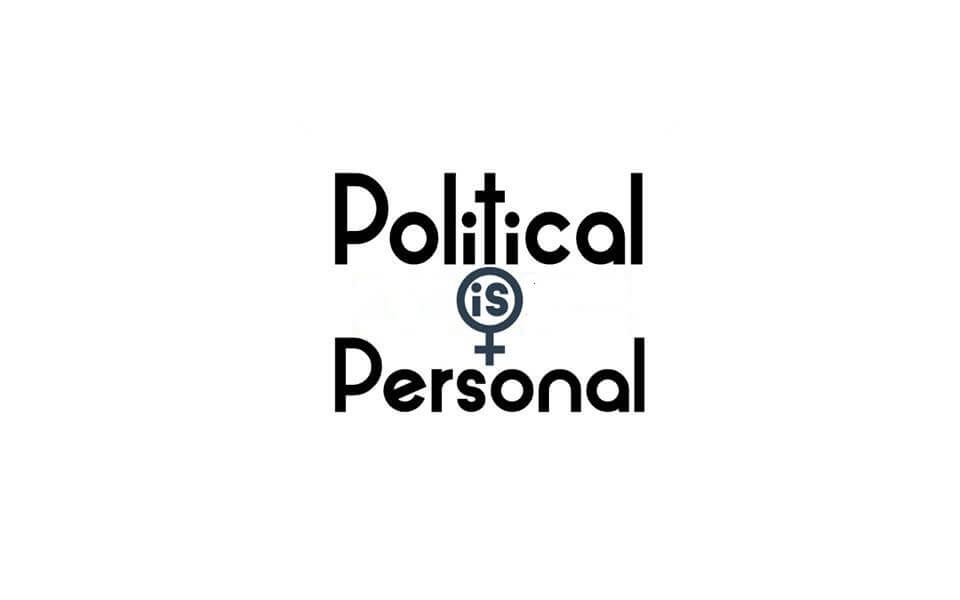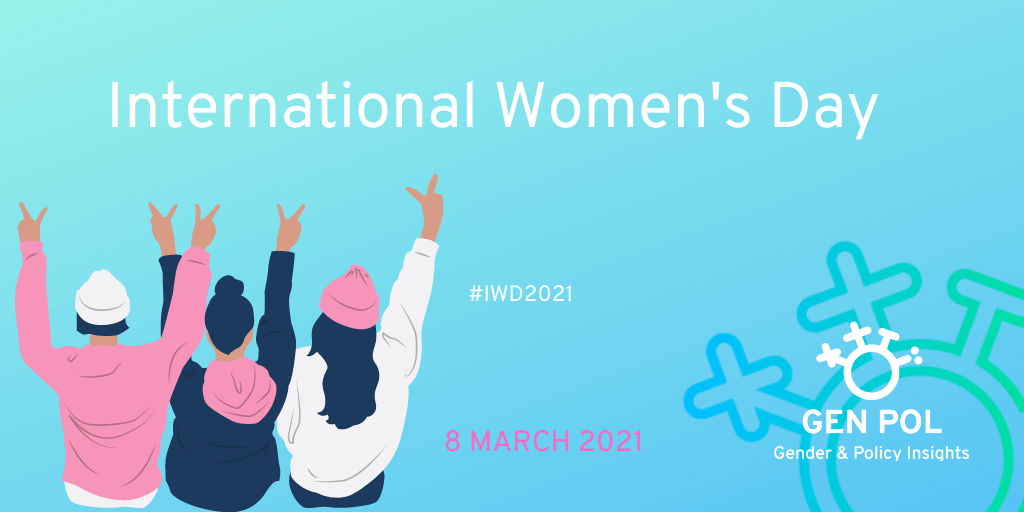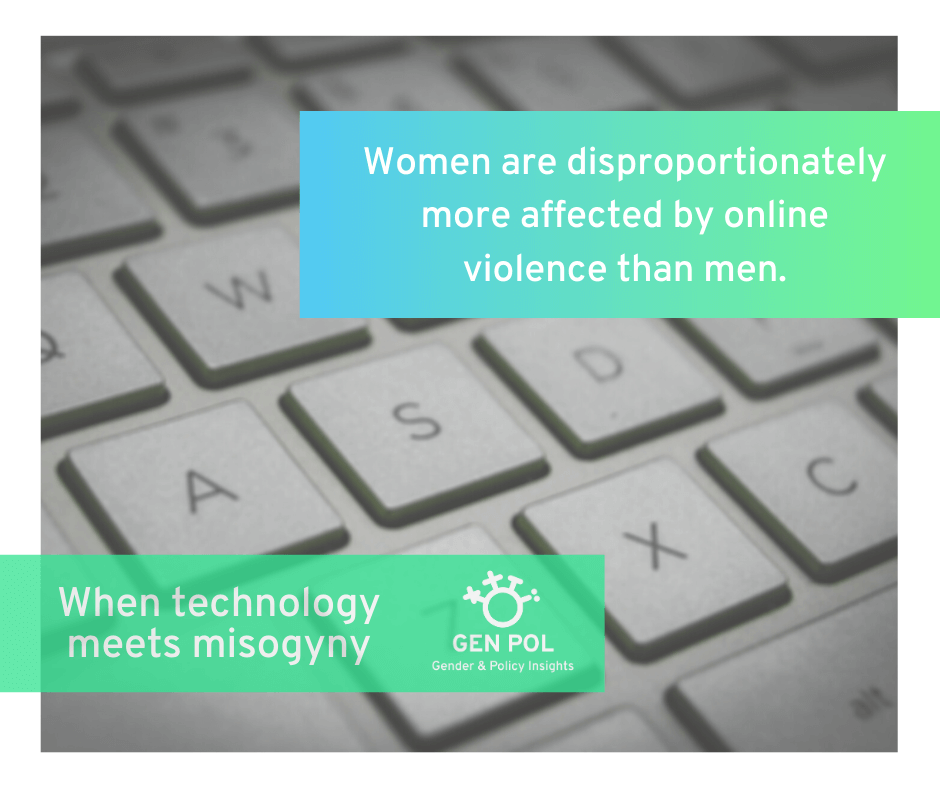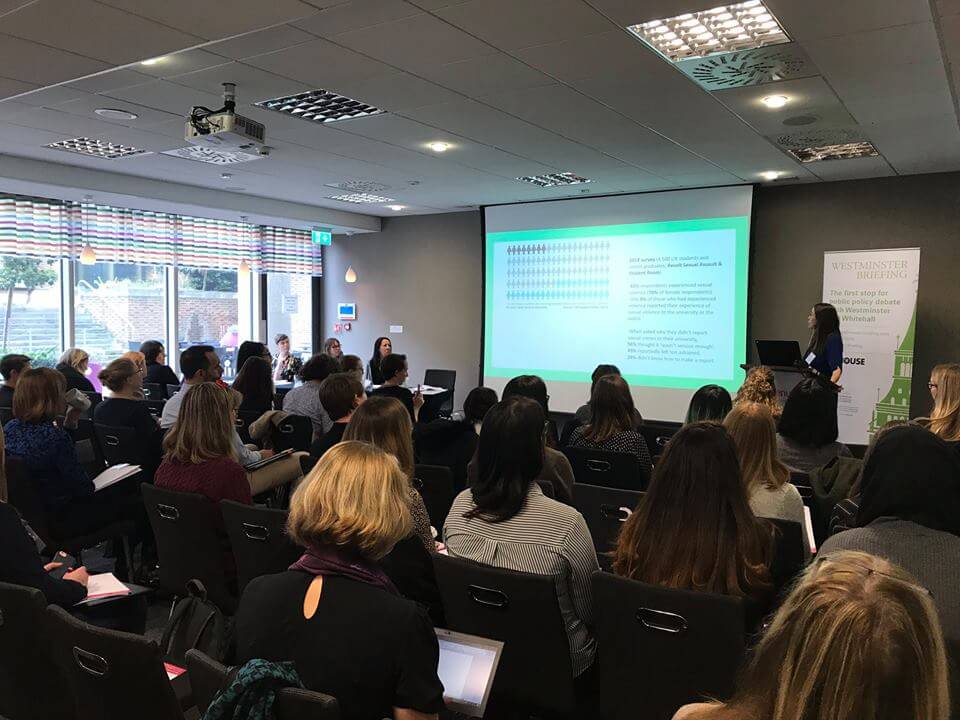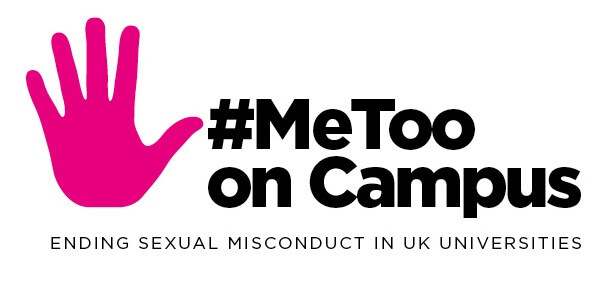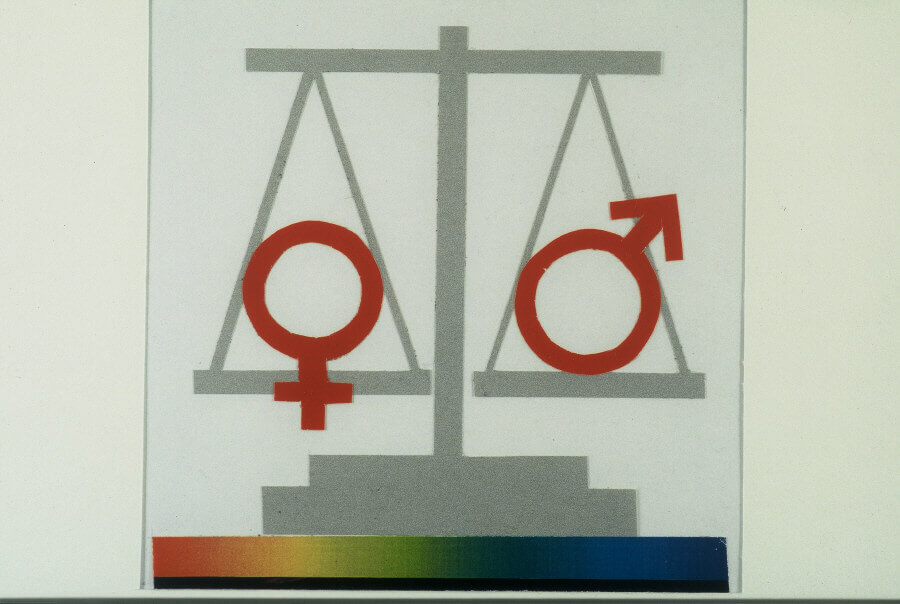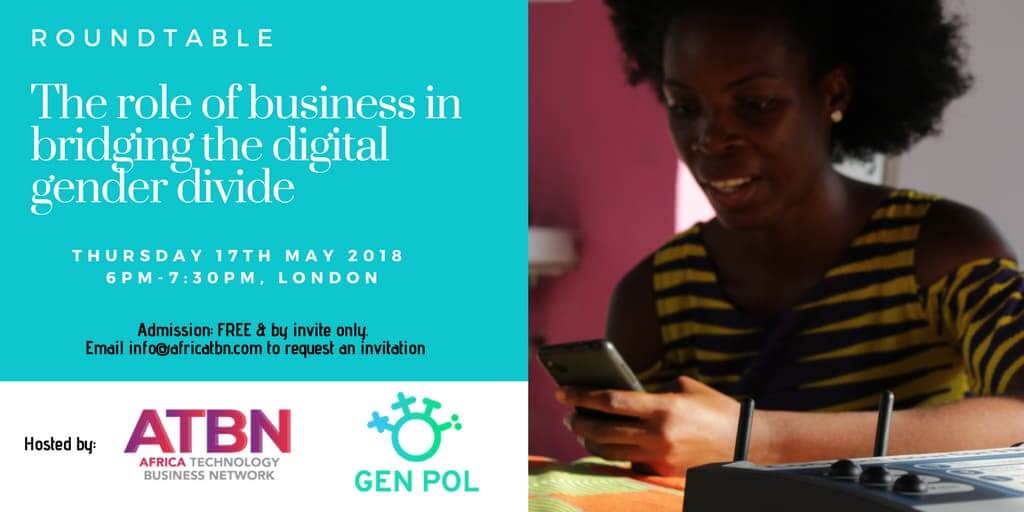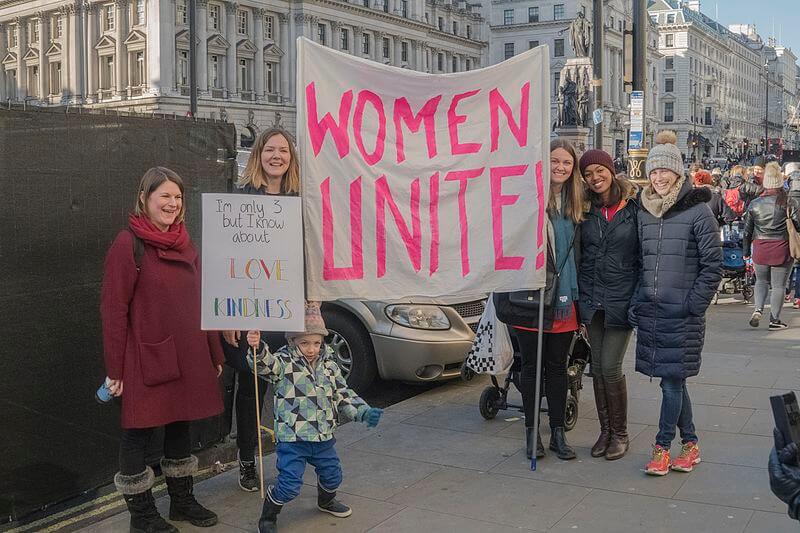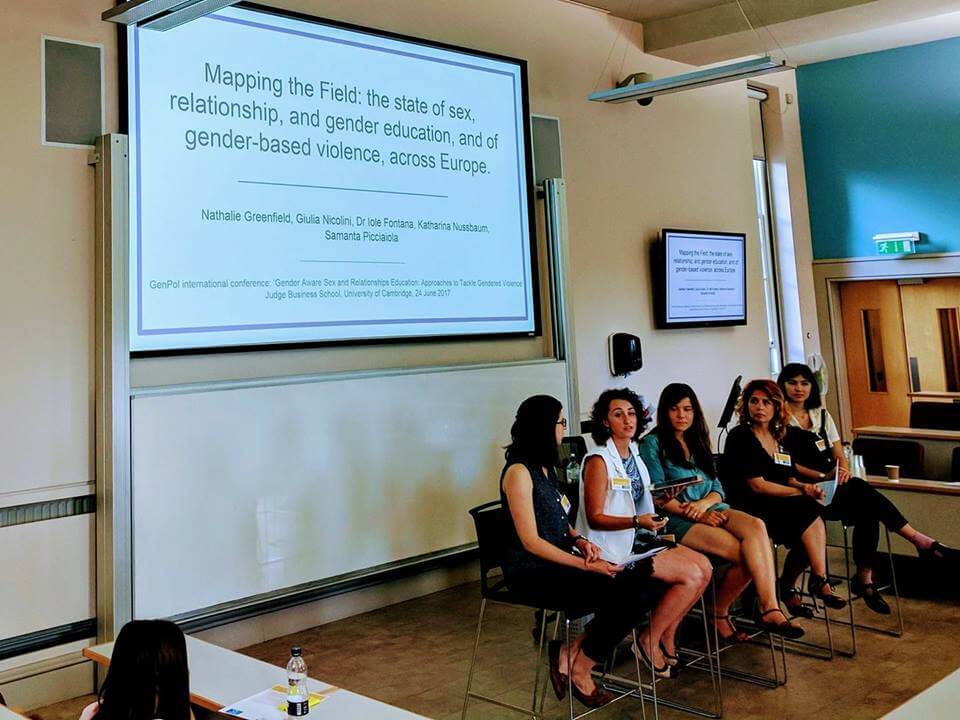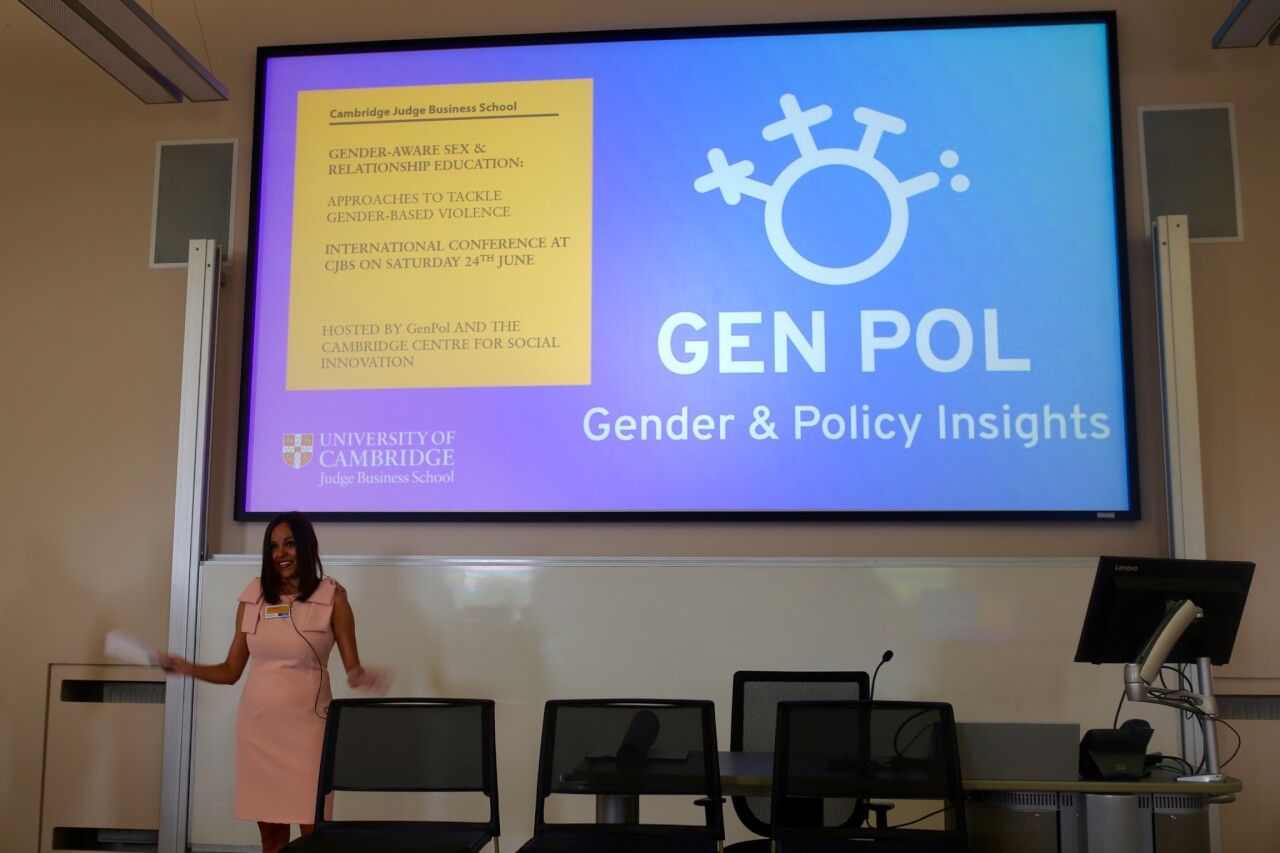
This week, we spoke to Dr Terri Simpkin about overcoming ‘the Impostor Phenomenon’. Terri is the Higher and Further Principal at CNet Training and a Visiting Fellow at Anglia Ruskin University. She is actively involved in developing programmes to advance the status of women STEM occupations including her own Braver, Stronger, Smarter programme to diminish impostor phenomenon. Terri is also working on a suite of research to inform emerging workplace structures in the ‘Second Machine Age’.
Her comments resonated deeply with so many of us, and we hope you will take away the same reassurance and sense of power that we did.
Can you tell us a little about your current research in to women in STEM? How did that come about?
My current project came about with a move to develop a master’s degree in leadership specializing in data centre management. At industry seminars or at panels, I’d look out over a sea of white middle-aged men, and I’d find myself thinking ‘where are all the women, why is there such a visible lack of representation in operations, IT and engineering at all levels but particularly in key roles?’ I started looking at imposter phenomenon- there is so much good work going on in STEM to get women in to the industry (as graduates, girls in schools) but that doesn’t seem to be making a difference fast enough – I ended up asking ‘what’s going on? Why are we not seeing a marked shift in terms of women occupying non-traditional and higher level posts?’
So, I replicated a piece of research done in 70s using the same diagnostic to see if there was a problem in the data centre sector. Ironically enough I couldn’t collect enough data from women in these centers for me to complete the study, so I re-expanded it to include women in broader STEM occupations. From that work I discovered that 89% of women were experiencing, or had or experiences of the imposter phenomenon.
What is the Imposter Phenomenon?
It’s mostly fear. A fear that, at any given point in time, someone is going to tell you ‘we should have given the job to someone else’, or experiencing a sense of crushing fear of failure succeed despite a track record of past achievements. There are so many women who want to occupy Senior Leadership Positions but feel totally exposed by the pressure of having to meet their own incredibly high standards of absolute perfection.
But it’s not about ‘fixing women’. We’re taking these findings into work places to try and raise awareness of how the systems and processes are stopping women from making progress. This idea that ‘you must be perfect’ is a fear so many of us relate to, and that is common across so many types of work. Every time I run a session I stay behind for a good hour as I have so many women suggesting I’ve put words on everything they’ve been feeling. Putting a name to Imposter Syndrome is important: diminishing this preconception that women need to be more confident, that the fault somehow lies with them, is even more so. Women have confidence but sometimes they don’t have a sense of self-efficacy. They’re confident they can progress in leadership but less sure about whether they’ll be able to make the situation work for them, and whether the systems in place and the odds at stake can work in their favor, and that’s an entirely different narrative to women lacking confidence.
Why is this such a common phenomenon? How is it that so many of us will be able to relate to the scenario you’ve just described?
At lot of it comes back to socialization, and that’s a big problem to solve! The way women and girls are raised, treated in schools and at home and in the public media. Generally speaking, a lot of us are taught to be one way: even if you challenge those ideas the social messages and expectations are still pervasive. Challenging those preconceptions means pushing against pre-determined ideas about how (and what) women should be in the workplace, and how they fit into the workplace. Things like rewards, recognition and promotion plans are geared towards a typically ‘male’ kind of management. I’m often asked by very well-meaning men why women don’t apply for senior management positions. Often it’s because those job descriptions identify what’s still seen as a typically male profile (out there strong, visible, assertive, aggressive). Yet for most of living memory, women have been told that ‘nice’ girls don’t do that kind of thing. It often comes to a choice between being seen as being more masculine or not putting yourself in that role. High profile leadership positions are highly visible, open to criticism, and many women are saying ‘you know what, I’d prefer not to put myself in a position where I am open to ruthless criticism, I don’t want to fail in a very public manner’ even though the chances of them failing are actually very slim indeed. It’s robbing people of career progressing and our organizations of some outstanding talent.
So do you think the problem could lie in the type of working environments women find themselves in?
The workplace structure still carries a gender bias, and a socialized imposter syndrome exacerbates it. When you break it down people are socialized in a certain way, and when it’s challenged that causes people a lot of discomfort. The fact remains that in many cases this bias prevents people doing the jobs they could do, particularly in STEM which still has a huge gender disparity.
They are still generally engrained of ways of looking at confidence. Women are still expected to be liked, women who are confident and competent are not liked. It’s the old adage, a man is considered strong and decisive, women are considered ‘bossy’ and ‘bitchy’. It’s a classic double bind.
That’s sort of where the image of the 80s, power suits and padded shoulders alpha female came from, wasn’t it?
Exactly! But we’re still seeing those kinds of attitudes today. Look at the scrutiny that May and Merkel get in comparison to male counterparts (look at what Boris Johnson can get away with…)
Our sense-making comes down to what we see and what seems plausible. Ultimately women are approaching these positions with a lack of plausibility- high level, successful women in business and politics for example are not visible due to being in the minority so it doesn’t seem likely to others. If we look In to STEM occupations for example, we see very few women at a high level, and as a result we tell ourselves that it is not probable that we could get that position. What’s plausible and what’s real are two different things. Sadly, when we make sense of the world, plausibility, no matter how wrong, eats accuracy for breakfast!
What can we, and our readers, do to feel more plausible? What would your top tips be?
Know it’s not in your head, it’s perpetuated by the way our social structures and workplaces are set up. This is not about fixing women. Look at your achievements and successes from the past. If, despite a raft of successes you continue to believe the next task will be a failure, sit down and really critically look at all the success that have gone before.
Write up your CV, take your name off it and ask someone else what they think of the achievements identified. Take note of their rational, unbiased account of successes and talents on the CV. The key thing is to critically examine your achievements and previous successes and accept that the success is yours and, more than likely, replicatable.
Stop saying ‘but’ when someone says you did a good job it can be too easy to say ‘thanks, but I just got lucky, or it was someone else…’. Just accept the praise! No buts! Once you start setting up changes in language you set up changes in behaviors, so accept that praise. This sort of thing is easy to say, but harder to enact, so maybe think about getting a mentor (someone who has no vested interest in being nice, but who can give constructive, personalized feedback that’s rational and honest).
How can organizations and businesses, take steps to eradicate Imposter Syndrome?
We need to going back to the beginning to strip out gender bias. We need to advance women on non-nebulous terms (feedback grounded in measurable terms). People with imposter phenomenon are experts about making themselves right about how inadequate they think they are, so we need to present them with clear measurable proof to the contrary.
We also need to change the narrative around it being women’s responsibility to change themselves, workplaces haven’t adapted to changes in the industrial landscape and systems are still founded on the values of postindustrial age. With things like VR, robotic path automation, artificial intelligence expanding at a rate of knots these values aren’t tenable. I feel that if you’re going to break the traditional system you ay as well rebuild them in a guise that strips out a pervasive gender bias.
My own research is moving towards looking at how organizations need to prepare for the 4th industrial revolution, where many traditional systems don’t work anymore. I think that If you’re challenging male structures you also challenge female structures and move towards a working culture that dismantles this gender binary and gendered expectations. I disagree with the statement that ‘the future is female’ however well-intentioned that might be. We need to move past that. The future is collective, human, and it’s up to us to work towards it.
Finally, Post #MeToo, do you think the tide has started to turn for women in business, or do we still have a long way to go?
Well, we’ve still got 217 years to go until we reach gender parity if we go at the same rate we’ve moved it since (some) women got the vote in 1918. It’s true that women are gaining more traction in terms of getting their views across, and men, broadly, are questioning some of the things they’ve learnt implicitly. Most people don’t set out to be bigots or anti-feminist or sexist, they’ve been conditioned into a way of thinking. The challenge is looking outwards to the world as opposed to looking at the individual in front of us. If we take the example of the Brock Turner case, I think many men started to ask, why is his future more important than the future of the woman whose life he has irreparably damaged? It’s not on women to adapt or modify themselves, but for individuals to be held accountable, as we’ve also seen with the Harvey Weinstein backlash. I think those examples are challenging these ingrained perceptions of women’s place in the world. It’s making people realise how stupid and damaging this archaic mindset always was.
Momentum is gearing up. People, not just women, are questioning some of the values and ideas we’ve taken for granted. That can only be a good thing -and it can’t come quick enough.
[photo credits: Terri Simpkin]














